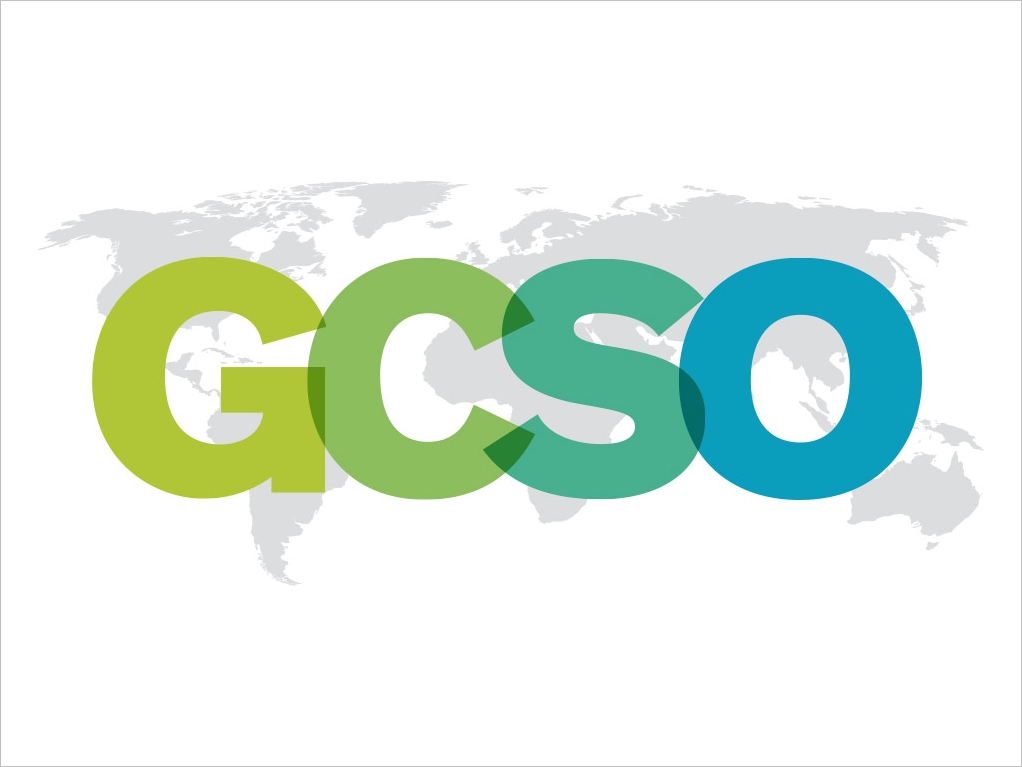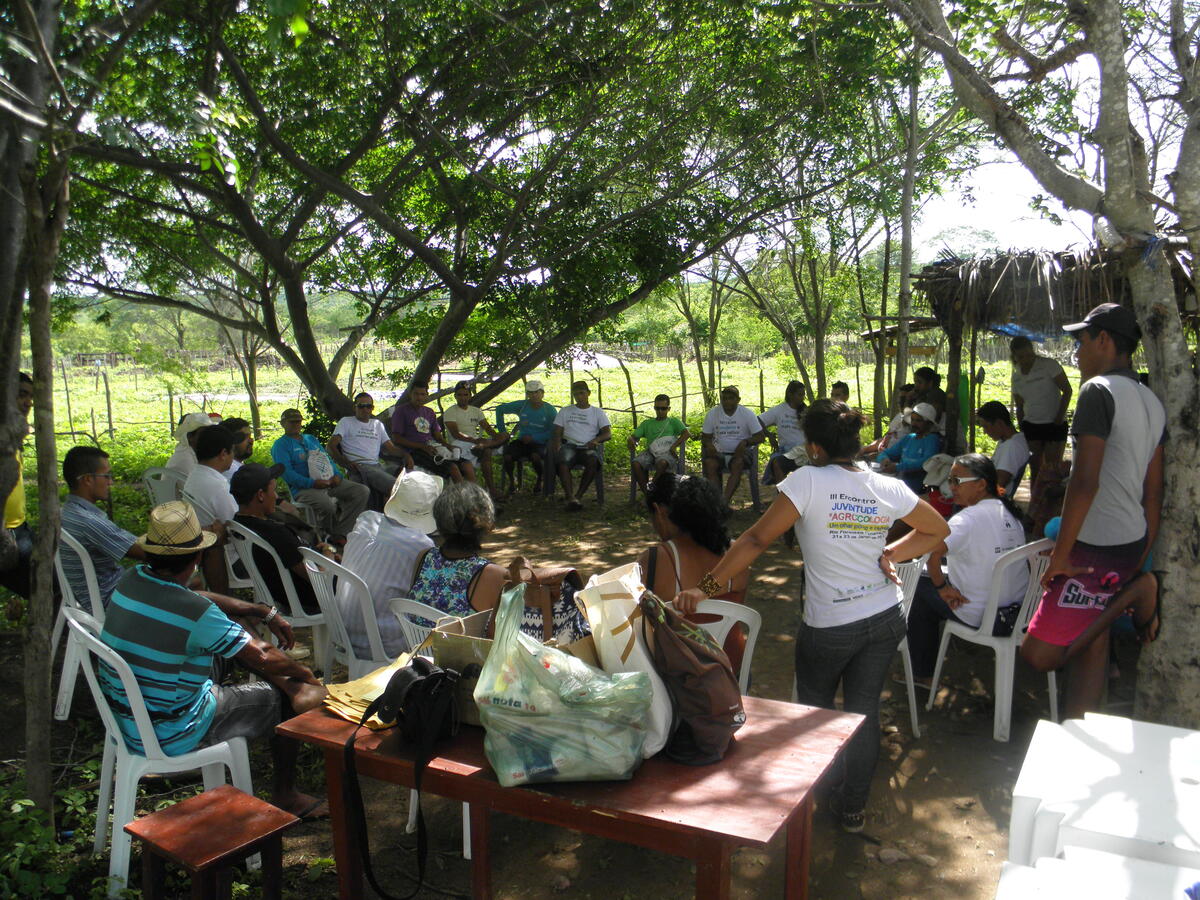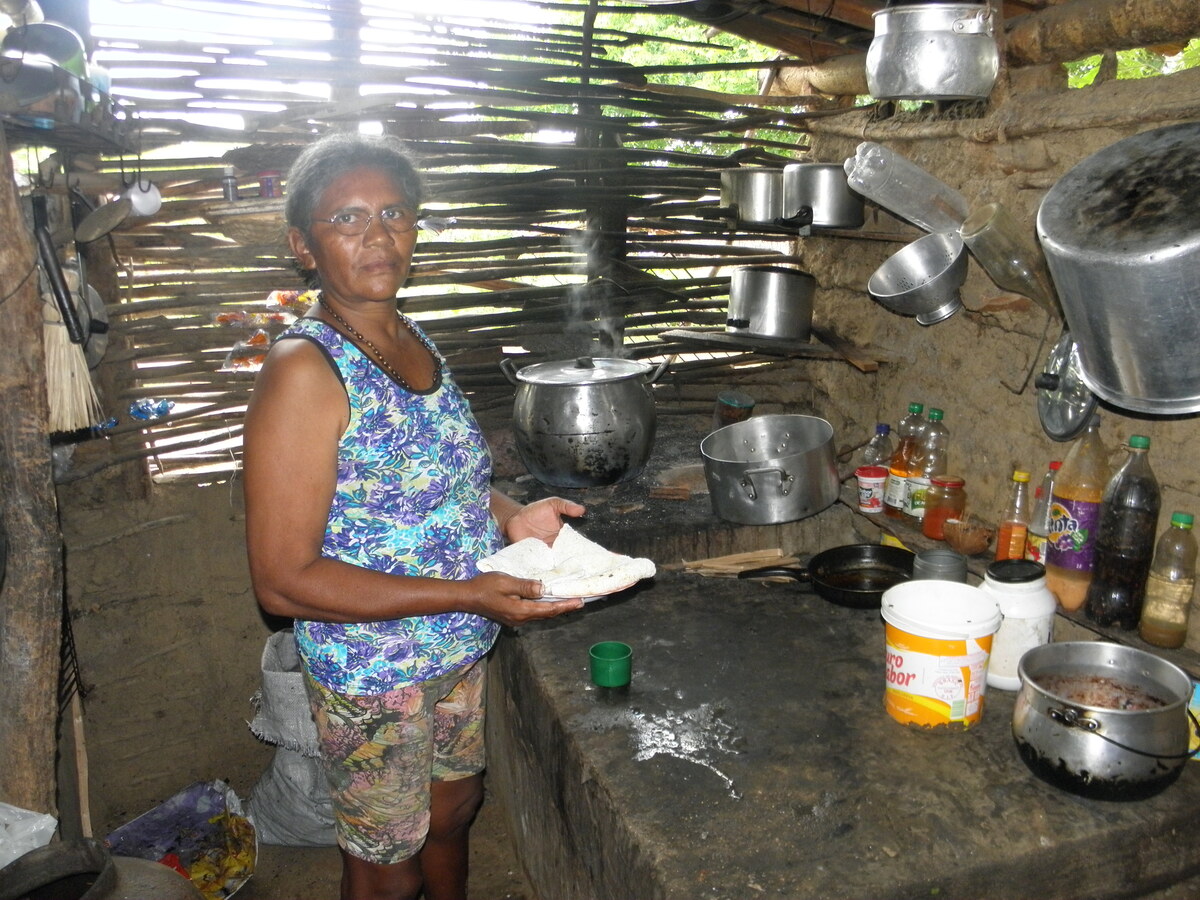Community development through energy access
Globally, one in three people have no access to clean means of cooking and one in six people are without electricity. The lack of adequate energy services is often associated with poverty, poor educational opportunities, and deprived healthcare. Thus, there is a common understanding that providing energy access for these people can contribute to reducing poverty – especially in rural and remote areas of developing countries where adequate energy services are most lacking.
With the aim of universalizing access to modern and affordable energy services, the United Nations created the Sustainable Development Goal 7 (SDG7). Once reached with modern energy services, it is expected to potentiate the achievement of further SDGs, such as poverty eradication, quality education, gender equality, or clean water and sanitation.
Upgrading energy access
The project “Implementing off-grid renewable energy to create social value and community development” is carried out under the lead of the Center for Energy and Society at Arizona State University and ITAS together with local NGOs and enterprises. It applies research to significantly upgrade community-based, off-grid, and renewable energy access solutions in remote areas in order to create greater social and economic value and to advance progress on multiple SDGs.
The one-year project is funded by the Global Consortium for Sustainability Outcomes started in July 2018. It applies the “Multi-layer design framework for social value creation” (PDF) developed at ASU in off-grid energy projects of four local partner NGOs and enterprises: Sunbridge Solar (Nepal), Solar Solutions (Philippines), ENVenture (Uganda), and Practical Action (Bolivia) – partners that are already engaged in achieving SDG7 and other SDGs.
For 2019 the project partners plan to spread the project over more than a hundred additional off-grid energy projects in seven to ten countries. To this end, the research teams are looking for local NGOs and enterprises. (11.09.2018)
Further links and information:
- Project page
- Website of the Global Consortium for Sustainability Outcomes




